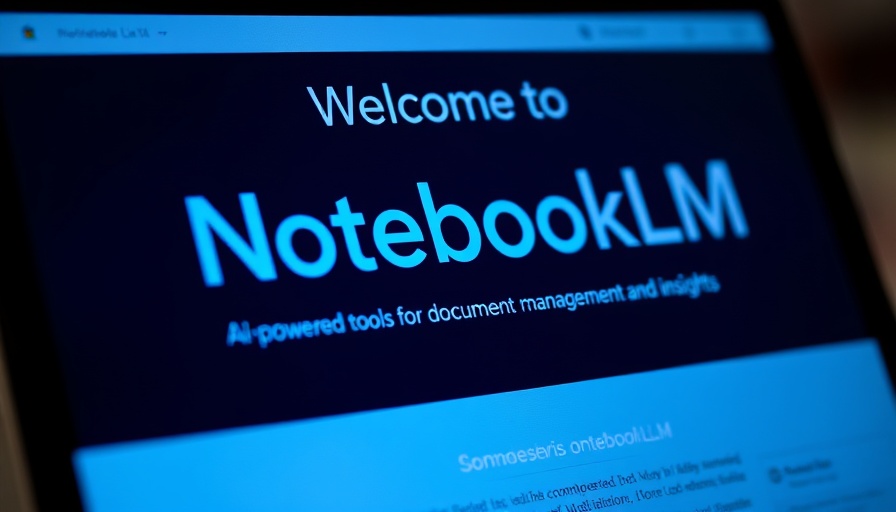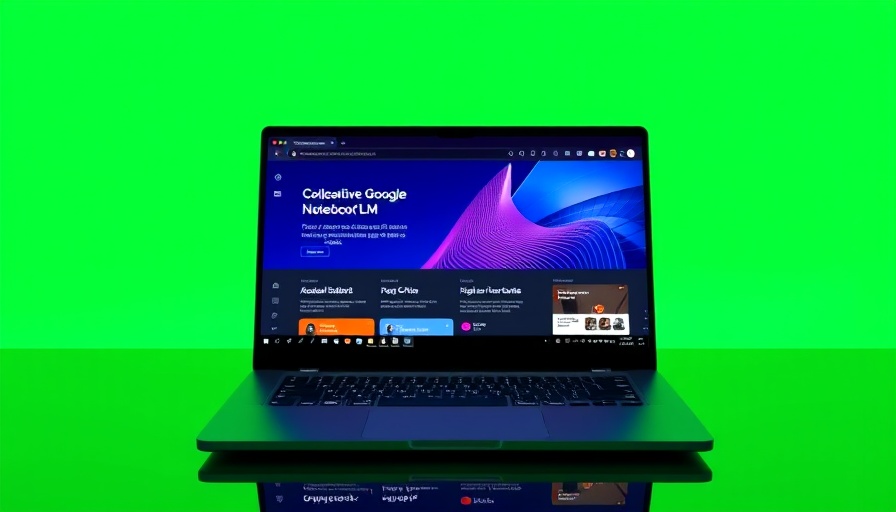
Why I Chose to Switch From Google to Perplexity
As a longtime Google user, I was resistant to changing my search engine of choice. With its familiarity, I often found comfort in its results. Like many professionals today, my reliance on it for research and information was almost instinctual. The influx of new competitors like DuckDuckGo and Brave hadn’t been enough to sway me. However, when I learned about Perplexity, an innovative AI-powered search engine, I decided it was time for a change.
Discovering Perplexity: A New Era of Searching
Perplexity distinguishes itself from traditional search engines by combining the capabilities of AI chatbots like ChatGPT with web search functionalities. It synthesizes information from various online sources to answer queries in a detailed manner. After dedicating a month to this new search engine, I wondered if Perplexity could truly replace Google for someone in my professional sphere.
The Benefits of Using Perplexity
From the start, my experience with Perplexity was refreshing. Unlike Google, which often leaves users navigating through a myriad of links without a clear answer, Perplexity offers concise, thorough responses. For instance, when I sought advice on purchasing an Oura ring, Perplexity provided a detailed analysis, weighing the pros and cons, and even suggesting related queries to expand my understanding. It treated my questions as conversations rather than mere search queries.
This functionality proved invaluable not only for personal inquiries but also within a professional context. Perplexity’s ability to aggregate information from expert guides and forums allowed me to complete tasks efficiently—from home repairs to cooking experiments involving complex spice blends. In the fast-paced business world, having access to comprehensive answers without sifting through excessive results can save significant time and increase productivity.
More Than Just a Search Engine
Beyond typical search functionalities, Perplexity features a “Discover” tool, curating the latest news stories and trending topics across the internet. By analyzing multiple sources, it generates a concise report, ensuring I am never out of touch with important developments in my industry. This capability fosters real-time insights into market trends while allowing for informed decision-making.
What Perplexity Offers Over Google
While Google has introduced its own AI features, I found that Perplexity’s approach is more intuitive and user-friendly. The format encourages deeper engagement with material by offering structured, well-sourced responses. Moreover, its deep research functionality stands out, handling complex inquiries with increased analytical depth, thus appealing to professionals who require nuanced answers.
Challenges and Considerations
Despite these advantages, Perplexity is not without its challenges. As it stands, its saturation isn’t on par with Google; thus, there may be instances where specific queries yield less comprehensive results. My experience revealed that while some topics were well-covered, others may not have provided enough depth. Those looking to rely solely on Perplexity might need to use it in tandem with other sources until it expands its database further.
Future Implications for Professionals
The real question remains: is switching to Perplexity worth the leap? For entrepreneurs, marketing executives, and tech leaders, embracing AI-powered search solutions can streamline operations, enhance research capabilities, and ultimately drive business decisions. As Perplexity evolves, it stands to reshape how high-level professionals approach information retrieval.
Conclusion: A Step into the Future of Search
Ultimately, my trial with Perplexity illuminated its potential as a formidable alternative to traditional search engines like Google. While it may not completely replace Google yet, it certainly represents a shift toward a more sophisticated and personalized form of searching. With the lines between AI and traditional searching blurring, now is the time to explore these alternatives. If you’re considering a change, I recommend giving Perplexity a try—it may just enhance the way you conduct your research and integrate information into your decision-making processes.
 Add Row
Add Row  Add
Add 




 Add Row
Add Row  Add
Add 

Write A Comment